Introduction
Flour is an extremely common ingredient in human foods, whether cooked at home or purchased from the supermarket. But can dogs eat flour? Is there any possibility that it could hurt them? We’re answering this question and many more in today’s post, so keep on reading!
Is Flour Good for Dogs?
Put simply, it depends on the flour. We all know how wheat flour is essential for human nutrition simply because it makes sauces thicker and foods more filling. But does it have the same effect on our pets?
No. Both dogs and cats are not supposed to have the typical flour that you’re likely to have in your pantry.
All purpose flour is perhaps the worst you can give your dog, and of course, no pet owner is likely to give it as is, but even as an ingredient, it can still cause some problems, with the minimal one being digestive distress.
However, there are some flour types that are safer for dogs, and that can be used in homemade treats, for instance. Here are several examples:
- Brown rice flour
- Buckwheat flour
- Sorghum flour
- Almond flour
- Coconut flour
- Chickpea flour
This is not to say that any of these should have an important part in your dog’s diet. Nevertheless, if the recipe calls for some type of flour and you really have no other way of going around things, try to use one of those we’ve just mentioned rather than reaching out for the all purpose flour you have at your disposal.

Is Flour Bad for Dogs?
To make it even clearer why gluten flours are bad for pets, we’ve decided to group these reasons in the sections below.
Digestive issues
Dogs that are not used to eating flour-heavy foods, whether commercial or homemade ones, are likely to experience a number of digestive complications.
Two of the most common ones are vomiting and diarrhea, but bloating can also affect some dogs.
And if you didn’t know, bloat is a potentially life-threatening issue where the dog’s stomach rotates around its own axis to the point that it blocks out circulation, makes your dog retch, and even experience nervous system complications.
Allergies
Some dogs are more sensitive to various foods and ingredients than others. Itchiness is a problem for many pet parents out there, but what they might not be aware of is that dog food brands these days use a variety of flours to bulk up their kibbles.
If you have no intention of giving your dog flour because you know that they are either allergic to it or they might develop dermatitis as a result of ingesting it, carefully check the label of your dog’s food.
Also, make sure that you ask your veterinarian what you should feed your pup as they are the best person that can give you guidance in this sense.
Obesity and diabetes
Carb-heavy foods have always been connected to these two health issues in humans, so why shouldn’t they be associated with the same risks in our dogs, too?
Pets that are fed flour-heavy treats and foods all the time are more likely to put on a lot of weight.
Obesity has its fair share of health risks, such as decreasing mobility, putting too much pressure on your dog’s joints (which can be worrying, especially if they are a senior), or increasing the risk of your pup developing diabetes.
And once your dog is diagnosed with diabetes, you can expect them to live for around two more years due to the complications that this disease causes.
How Much Flour Can My Dog Eat?
It would be ideal if your dog never ate any kind of flour, but wheat flour, in particular. Corn flour is another that should never be in your pet’s diet, and that’s because it also tends to cause a variety of digestive upsets.
But what is the smallest amount that a dog can have without experiencing any health issues? We’d say that less than a tablespoon per week would be the safe quantity for most dogs, although they do tend to vary in terms of age, weight, and other factors.

How to Prepare and Serve Flour Treats to Your Dog
Whole wheat flour should be avoided if you want to make dog treats at home. Although it is a great binder and it also adds to the overall number of calories in a dog snack, this type of flour can cause your dog to experience several unpleasant symptoms.
Safer alternatives do exist, so if you really do have to use some type of flour, we recommend going for chickpea, oat, or sorghum flour. Even adding the oats themselves increases the chewiness and caloric intake of every treat.
Frequently Asked Questions
Plain flour tortillas shouldn’t make up a big portion of your dog’s diet. However, if you give your pet a nibble of your burrito every now and then and provided that it does not contain any potentially dangerous ingredients, it’s likely not to lead to any digestive distress.
Almond flour is usually safe. However, a conversation with your veterinarian should clear up this dilemma, so make sure you keep in touch with them if you want to give your pup a new almond-based snack.
Yes. Not only is coconut flour safe, but it also contains a number of healthy nutrients, such as vitamin C, vitamin B6, vitamin B9, calcium, potassium, and niacin.
No. All purpose flour is by far the worst kind you can reach out for, and it should be avoided. Only very small amounts are somewhat safe in that your pet is not very likely to experience digestive distress. Generally, you should steer clear of treats and kibble that contain all purpose flour.
Summary
Wheat and corn flour are not safe ingredients, and since they can cause a variety of health issues in dogs, they should never be given to them.
There are safer choices, whether coconut, oat, or almond flour, and you can use them in your homemade dog treats if you’d like to bake some for your pet. All purpose flour can cause digestive imbalances and allergies, and in time, with continuous use, it can lead to obesity or diabetes.
Sources
- Evaluation of selected high-starch flours as ingredients in canine diets, S M Murray et al, 1999
- Faecal Microbiota of Dogs Offered a Vegetarian Diet with or without the Supplementation of Feather Meal and either Cornmeal, Rye or Fermented Rye: A Preliminary Study, Julia Hankel et al, 2020
- A review: nutrition and process attributes of corn in pet foods, Isabella Corsato Alvarenga et al, 2021
- Starch sources influence lipidaemia of diabetic dogs, Fabio Alves Teixeira et al, 2020
- Food allergy in dogs and cats: a review, A Verlinden et al, 2006
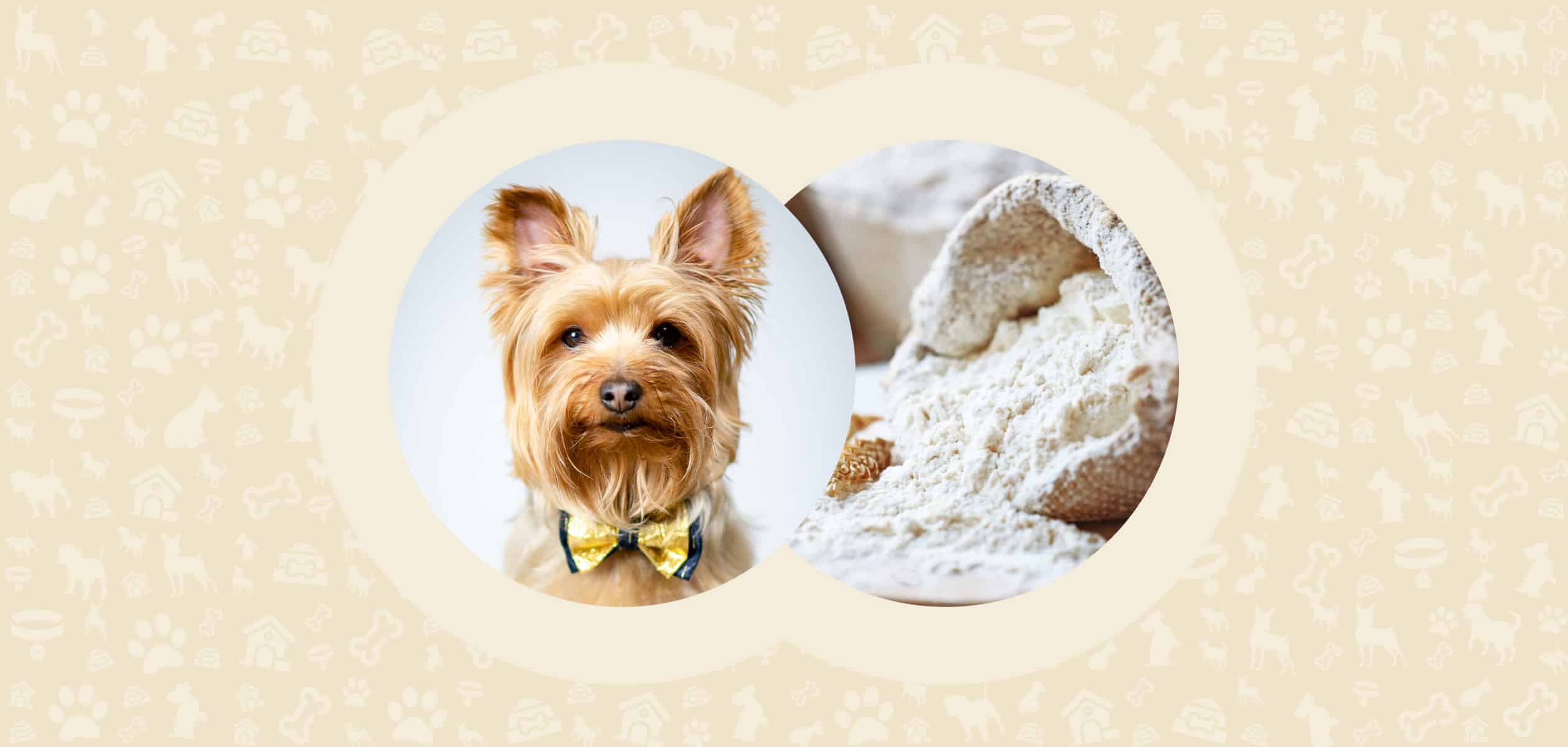
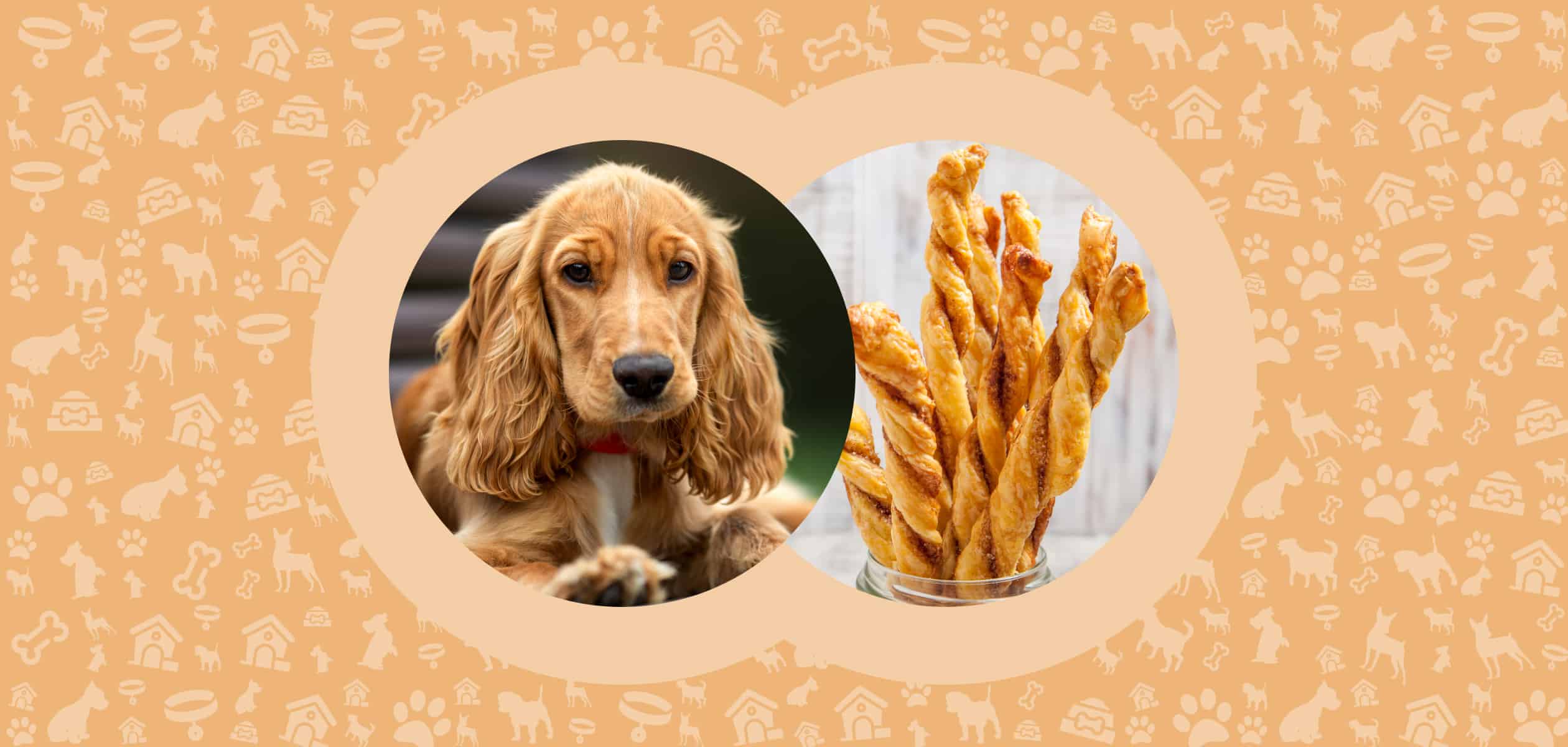
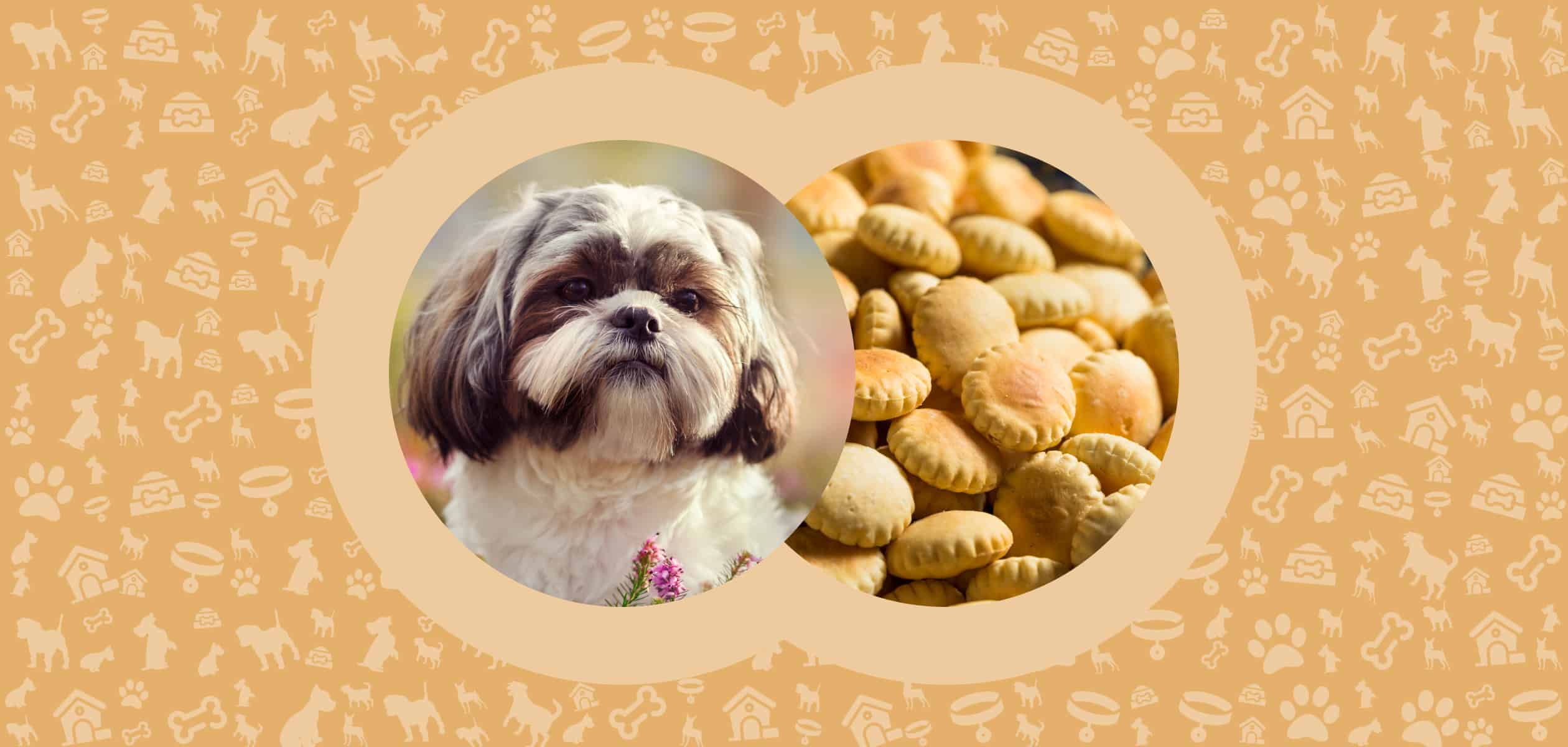

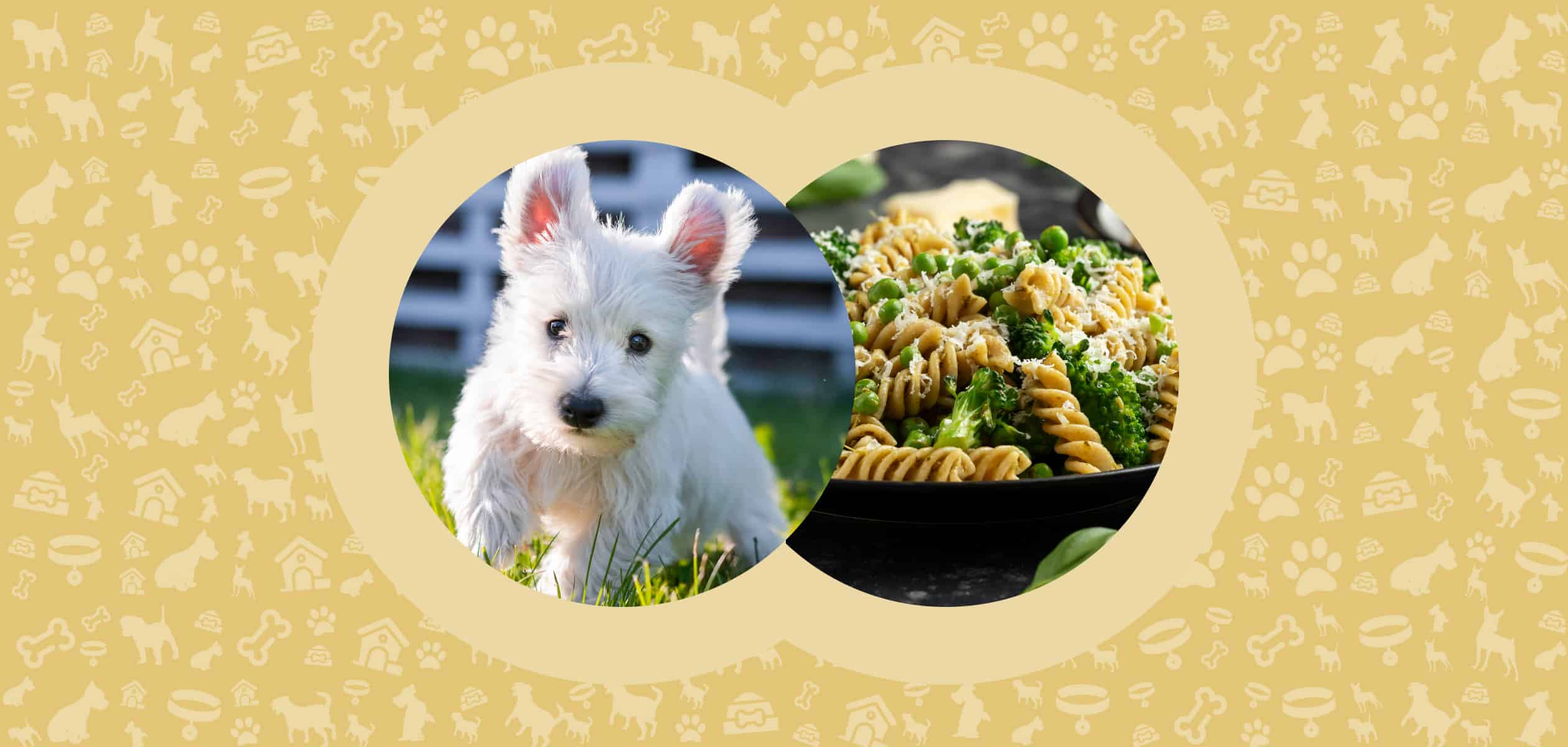
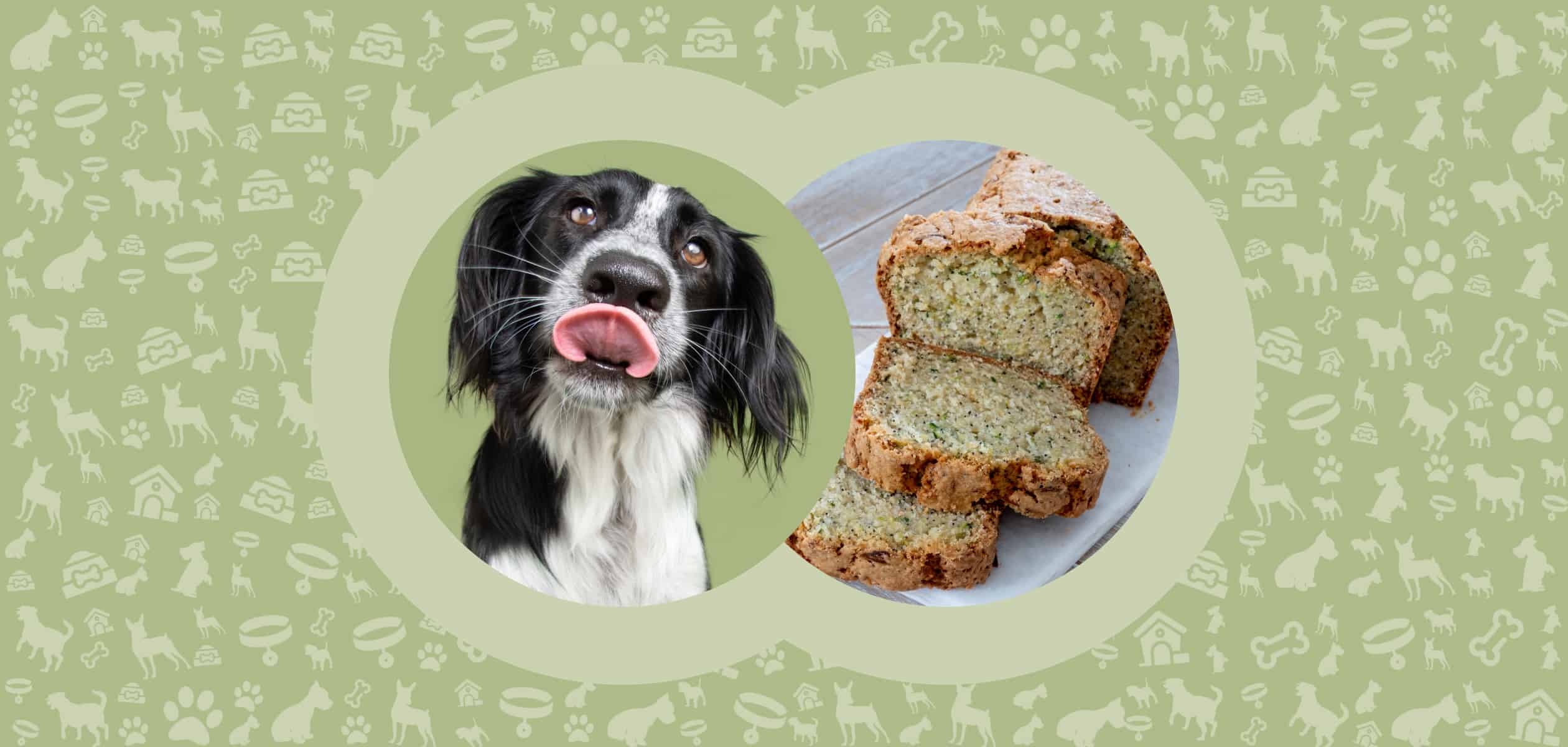
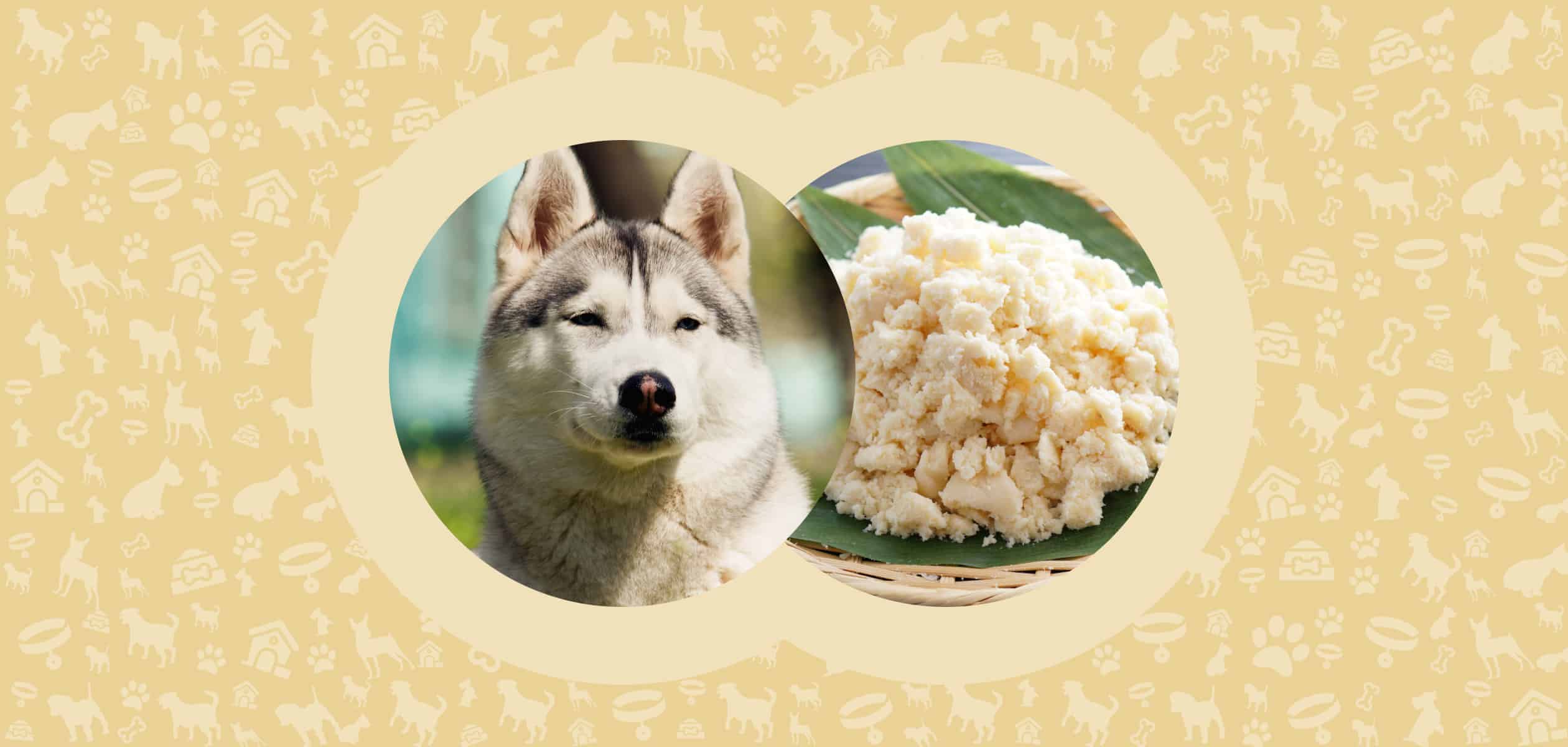
Leave a Comment